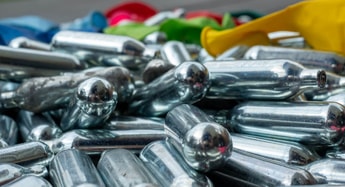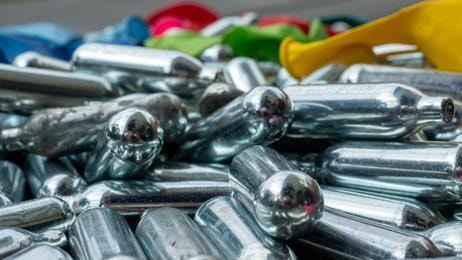UK to make nitrous oxide illegal by end of year
Nitrous oxide (N2O) is to become an illegal class C substance by the end of the year, according to an update by the UK Government.
Released on Tuesday (5th September), the newest guidelines reveal that possession of N2O will carry a sentence of up to two years in prison or an unlimited fine, with up to 14 years for supply or production.
The decision comes soon after the government announced plans to ban retail sales of the gas as part of its ‘zero tolerance’ stance on tackling anti-social behaviour associated with abuse of N2O.
... to continue reading you must be subscribed
























